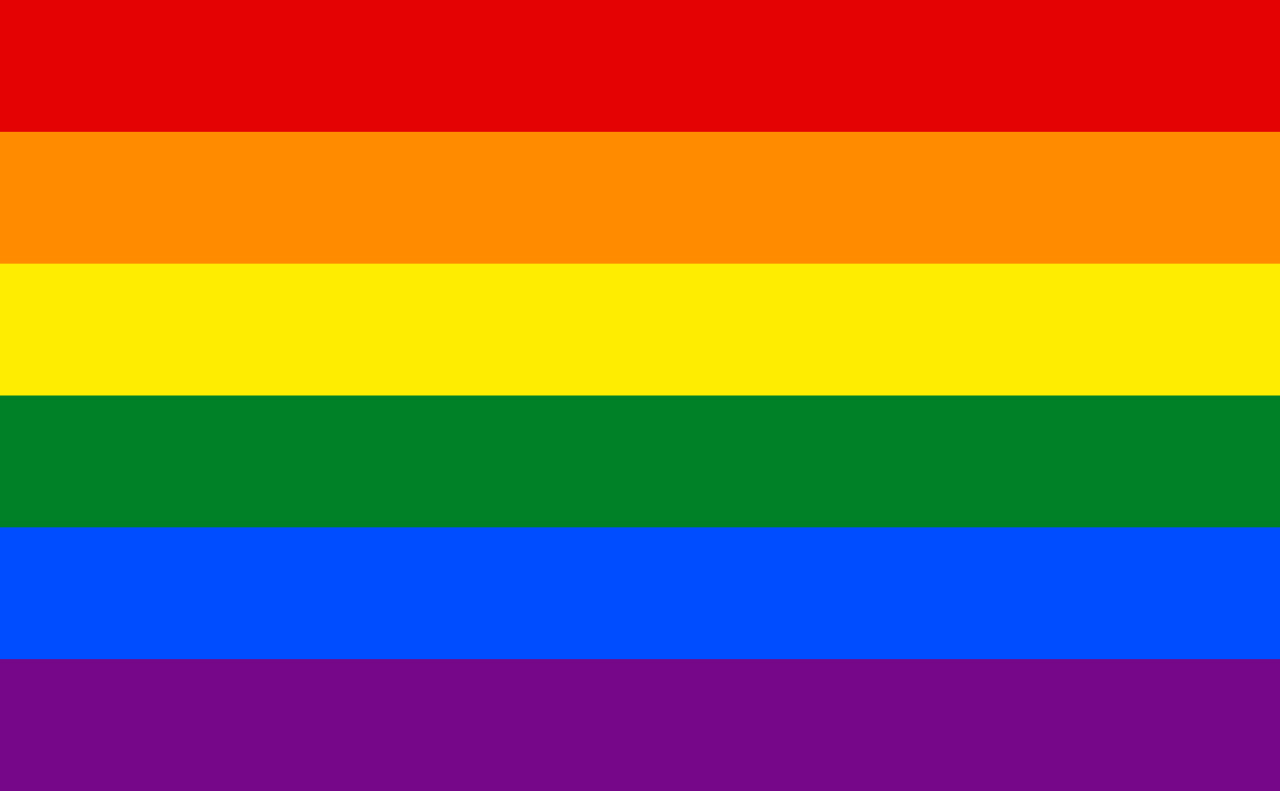Slamming Serena: Don’t miss the point!

So, we all know the big hullaballoo at the US Open Women’s Final’s last weekend. Serena Williams, 23-time Grand Slam singles winner faced off against newbie and rising star Naomi Osaka…and lost. Emphatically. Because Osaka outplayed her. She beat Williams – her idol, who won her first Grand Slam when Osaka was two years old. The crowd – in an act of unsporting childishness -– drowned out the award ceremony with boos. Serena shut them up. Heartbreakingly, a distraught Naomi apologized for their favorite losing. Not your happy finale: certainly not for Naomi. Poor girl. She deserves better, she deserves to be celebrated. She is a very young player full of potential and promise. A woman of color (she is half Haitian-half Japanese). This was supposed to be her debut. It is truly unfair that her well-deserved victory was tarnished.
I’m not going to go into the details of what happened, because the he said-she said between Serena and Ramos (the Umpire), and several other accounts of this match are ubiquitously available. Almost everyone agrees that the umpire was correctly interpreting the rules and penalized her within the letter of the law, but that he overreacted and treated her more harshly than he likely would have had she been a man. Also, everyone agrees that Serena herself acted poorly. However, poor behavior shouldn’t invalidate what is a real problem. That’s not what I want to focus on. I am concerned with the way that women who call out misogyny, violence or unfairness against women are judged in the media room courts, and their treatment in Facebook/Twitter trials. What annoys me is the requirement for a “perfect messenger”- which is actually a central requirement of patriarchy. Controversy surrounds not just what Williams did – but how she did. “Let’s be clear: Tennis has a problem with gender-equality,” begins a New York Times article, which then argues that the final was neither the time nor the place to bring up misogyny – a sentiment supported by Martina Navratilova as well.
But here’s the thing: there is rarely – if ever – a “good” or “convenient” time to bring up misogyny and to call out sexism. It is an inconvenient, unpleasant thing to talk about. It seems to me – with respect to timing- that a (usually female/sexual minority) whistleblower is damned no matter when they bring it up. If they wait, as many victims have – they are damned for not speaking up when it occurred. Countless – countless women have been vilified for waiting too long. From Bill Cosby (why didn’t they speak up sooner?) to Roger Ailes (same question) to Matt Lauer (and again) to Harvey Weinstein (all those women didn’t have voices earlier?) to the freaking POTUS (they had to wait till the campaign?). Women have been shamed over and over and over again for waiting. And then their motivations are questioned. They are accused of wanting to make a buck, or for looking for fifteen seconds of fame.
And if victims do call people out when the (perceived) injustice is occurring – well then it must be extremely measured. Literally while it’s happening, they are expected to be calm and collected. What?! I mean, come on. This expectation – to be perfect, to wait for the right time, and the right place, and use the right tone – is utterly unfair and shouldn’t exist. This was the final of the US freaking Open, tensions and emotions were running high (as they do), and Serena was eager to win her first post-baby Grand Slam – not that she needs it to make any point to us (she won the Australian Open last year when she was two-months pregnant). It was the end of a physically grueling tournament. Temperatures soared throughout the competition, with heat warnings in effect, humidity levels exceeding 90% on many days. I went to Flushing Meadows on two days and literally felt like I had heat exhaustion simply from walking around, and sitting outdoors watching matches. I cannot imagine what playing tennis felt like. So yes, Serena, like many other players, was exhausted. In addition, the US Open was recovering form a blatantly misogynistic move this tournament: penalizing French player Alizé Cornet for briefly removing her shirt on court. This never happens to men.
She was also losing—badly. Ever since John McEnroe was hurling insults at umpires and rackets at the ground four decades ago, players have vented their frustrations on the court. In such highly charged environments, we usually give these players (mostly men) the benefit of the doubt. We need to send some it Serena’s way. She is entitled to the benefit of doubt, because she has earned it. She is, after all, as the NYT article (kind of grudgingly) calls her, the “one of the greatest athletes of all time”. But let us not forget – she is also human. Once again, we are expecting our (especially female) idols to be perfect. She didn’t do anything that should threaten the idol status that she has fought for and earned. Amd we can’t expect her to be perfect. She is human.
One of the best things I read was when my friend, Tara Kulkarni, a psychologist, shared a hateful, racist comic snapshot of the match. She said: “When understanding a person’s anger, always look at context. Not doing so is the definition of privilege. Serena’s response and feelings do not exist in the vacuum of this one US open match final.” [emphasis mine]. The final was not a one-off. It was, I think, the last straw, in a series of humiliations that have plagued her life and career. Earlier this year, at the French Open, Serena wore a catsuit that was subsequently banned because “one must respect the time and the place.” (What??!) The Williams sisters boycotted the Indian Wells Tournament for years, after Serena, in 2001, had to endure a series of racial taunts from the crowds during the finals. The comic – a pictorial representation of the most hateful prejudices against African American women (also Osaka is literally whitewashed) – is an example of these humiliations. The Williams sisters—the first African-American women to reach the top rankings in the Open era, and frequently the only African-American women in a particular tournament –have had a long and complicated history in the tennis world, and this context is absolutely essential when considering Serena’s behavior on the court this past weekend.
The NYT article also says it is worth considering if Serena would have said anything had she been winning. This is a very dangerous road to go down and does no one any favors. Discrediting the character of whistleblowers is a derailment tactic. It is often used to distract conversations from what is actually important. Ok, Serena behaved less than perfectly. Yes, no one should get a pass for bad behavior – and this is especially true of people who are complicit in keeping tennis misogynistic. Williams was extremely gracious in her press conference, empathizing with Osaka (who later claimed that she still loved Serena, and that nothing had changed). Misogyny and racism is deeply embedded in our culture, and these egregious historical injustices should be the context in which Serena’s actions should be considered. The sad part is, Osaka – also a woman of colour – will probably be subject to these injustices as well.
There is plenty of room for nuance when we think about this. Serena (or anyone else) shouldn’t have to behave perfectly at all times, even when they are emotional, or stressed. There is no right time to call out misogyny, or racism. And the requirement of the perfect messenger is a central facet of misogyny and patriarchy. We forgive the sexual assaulter because the victim was a little inconsistent in her story, or had multiple sexual partners. The person of colour who claims workplace discrimination wasn’t very good at her job anyway. There is no such thing as a perfect messenger—by demanding it, we are buying into the same attitudes.
This is when we cut people slack, when we give them the benefit of doubt (contextualizing her behaviour). The focus should be on the double standards and misogyny that exists, and how we should fix it, more than on Serena and her character.


